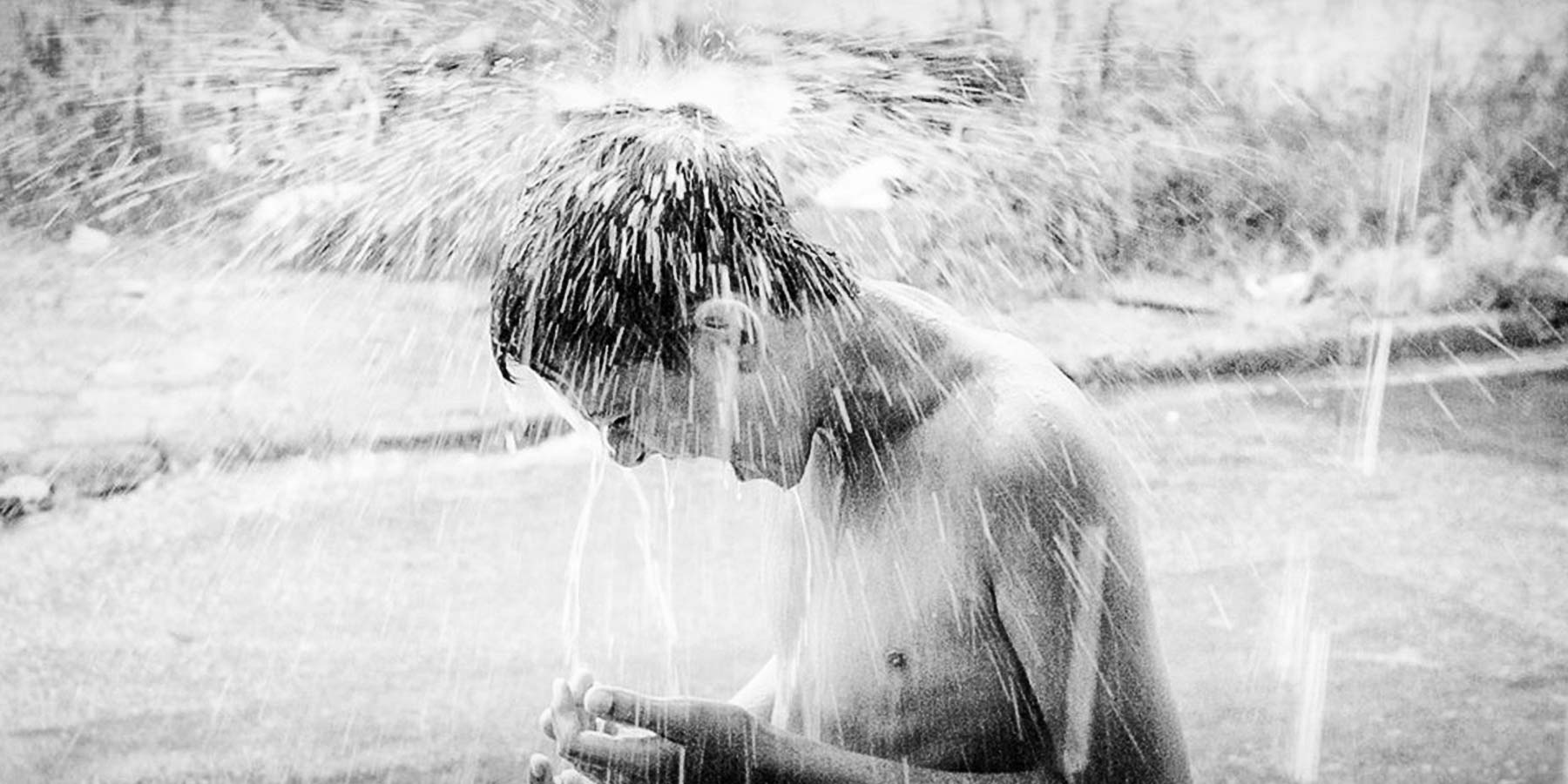
If you never had to shave again, would you miss it?
I would, as I enjoy it, but I have a friend who has a five o’clock shadow by lunchtime and swears if the opportunity arose he would get his face lasered so it was permanently bald. A simpler solution might be to alter his perception of shaving and find something about it he enjoys.
George Orwell wrote that at the age of fifty every man has the face he deserves. That’s a harsh statement. Our skin does display the effects of some of our choices – diet and sun exposure especially – but that is about as far as our influence on it extends. There’s not a lot we can do about genetics, illness, accidents or other environmental factors.
You may not be able to choose how your facial hair grows, but you can decide how to cut it. Even if you prefer to be clean shaven (as the reader of a shaving website blog, there’s a good chance you are) I bet you’ve experimented with creating different patterns when you shave. In those moments, shaving can make you smile.
There is evidence that smiling can make us feel good, even when doing something uncomfortable. The link between the brain and facial muscles works both ways. We smile when we enjoy something, but the reverse can be true too. We can make ourselves feel better by smiling.

The world’s greatest male marathon runner is Eliud Kipchoge. Even if you’re not a runner or athletics fan you may have heard of him as he’s the Olympic champion, multiple London Marathon winner, world record holder, and the first person to have covered the marathon distance in under two hours. He’s also known for being a reader and thinker; a student not just of running, but of other sports, business and psychology.
If you watch Kipchoge compete, an interesting thing happens to his face as the race progresses. As the pain increases and his competitors grimace, Kipchoge starts to smile. This is not the ecstatic smile at the finish of a man enjoying his victory, as there is still too much of the race left to run for that.
Instead, he is smiling to send a signal to his brain that he’s OK, he’s in control, this is a deliberate act, and he’s not going to die. In return, the brain will hold off on telling the legs to stop. It is the deliberate smile of a man who is familiar with the pain of running and chooses to acknowledge and accept it, to influence how his body’s response.
Kipchoge still feels pain – running 26.2 miles at the limit of human endurance is going to hurt no matter what face you make – but smiling helps him deal with it.

Physiologists at the Universities of Mannheim and Illinois demonstrated this in 1988. They asked volunteers to hold a pen in their mouth like a dog with a bone, or in their lips like a straw. The first method pulled the mouth into a smile position, the second a frown. The volunteers were then asked to rate a series of cartoons on their funniness. The ‘smiling’ volunteers found the cartoon funnier than the ‘frowning’ volunteers did. Other experiments have shown that smiling doesn’t just help you to find things funnier, but also enhances feelings of safety and makes difficult tasks feel easier. To read more about this, check out the book, Endure, by Alex Hutchinson.
These past few weeks, I’ve been challenging myself to start each day with a cold shower. I get in while it’s still cold, rather than wait a couple of minutes for the hot water to come through. Logically this is a daft thing to do, so why am I doing it?Apparently there are some health benefits, but these are not my motivation for doing this. I’m just curious and doing it to see if I can.

A psychologist might say it’s an attempt to gain some control of the world around me by mastering my body’s response to a usually unpleasant stimulus. An anthropologist might claim I’m trying to tap into a primal instinct, subverting the safe, relatively danger-free environment I live in to trigger a deep physical and mental response. They could be right; I wouldn’t know.
After a couple of weeks of dithering, tentatively stepping under the cold water and making a fuss, I thought of Kipchoge and decided to see if smiling would make me feel different about it and enjoy the experience.
It’s a terribly unscientific experiment, but it seems to have worked. Since adding a deliberate smile to the routine, I’ve found I look forward to my cold showers. I even feel disappointed when the first hint of hot water starts to come through.
What if the same is true of other things we tend to dislike? I don’t know that grinning through a work appraisal would help your career, but it might help you feel less nervous.
I’m not suggesting the mind has complete control over the body and that smiling could overcome disease or injury. There are some things we need medicine for, but a shift in mindset can change how we feel about whatever it is we’re going through. If we’re struggling to feel positive, forcing a smile might help override the brain so that a little positivity creeps in.
Given the power of the ‘facial feedback response’, there are surely many things we can train ourselves to enjoy. If, like my friend, you find shaving a chore to the extent you want to get your face lasered, you might be able to reset your relationship with shaving.
Smile, take control, and make the bathroom your happy place – no marathons or cold showers required!
This post is the sixth in a series commissioned from Jonathan S. Bean a freelance writer and charity fundraiser by King of Shaves.
If you enjoyed this #ShortRead, you can see other posts by Jonathan starting with “Why do you shave?” here.
